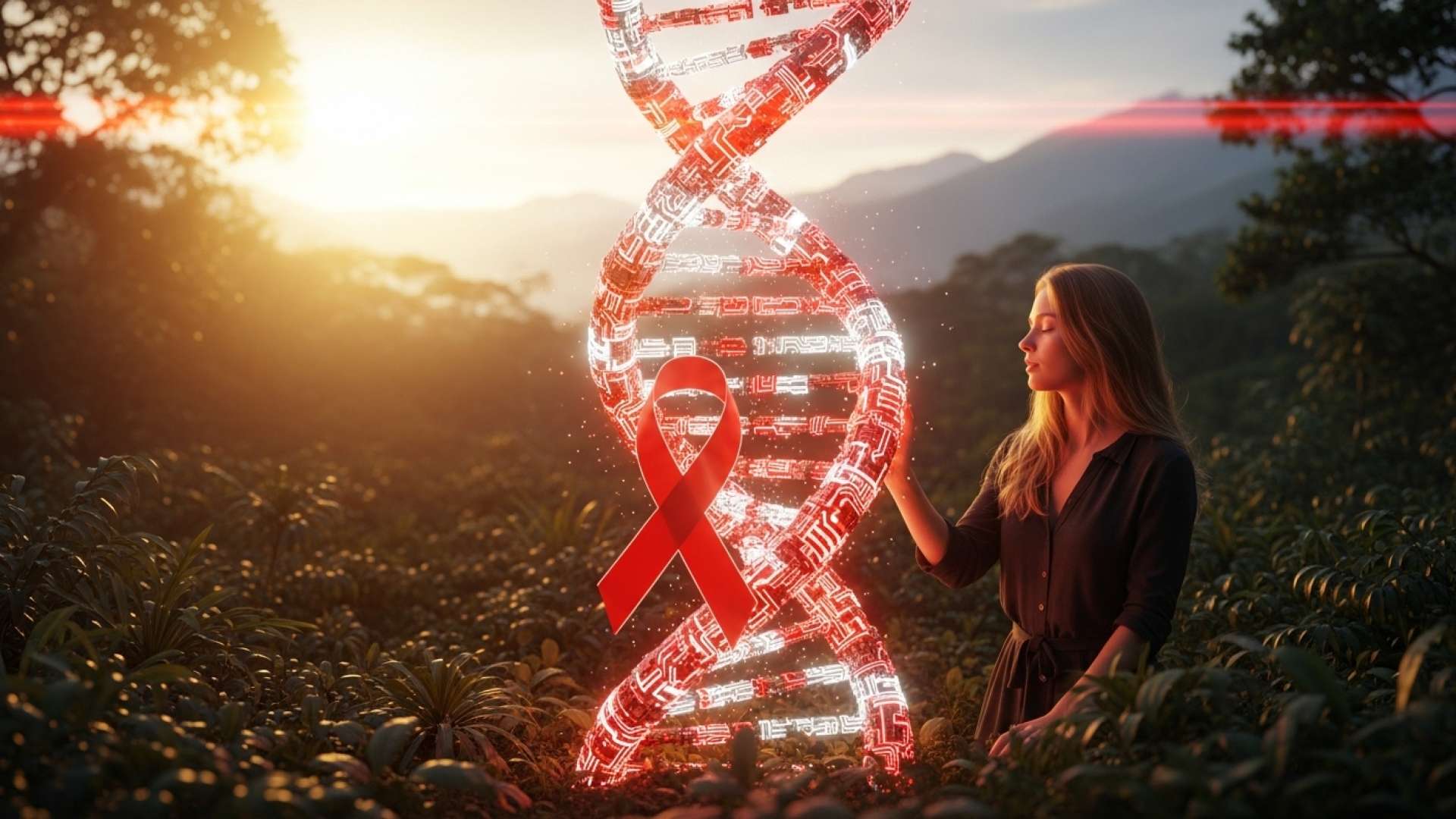San José, Costa Rica — San José, Costa Rica – A groundbreaking public health initiative launched in 2025 is already yielding significant results, as the nationwide implementation of HIV self-tests has successfully identified 29 new positive cases. The Ministry of Health confirmed the data, underscoring the program’s immediate impact on early diagnosis and treatment linkage for a critical health issue in the country.
Officials reported that all 29 individuals who received a positive result were provided with professional support throughout the diagnostic confirmation process. They were subsequently referred to the Costa Rican Social Security Fund (CCSS), where they have already commenced their antiretroviral treatment, a crucial step in managing the virus and preventing its transmission.
To better understand the legal framework surrounding HIV testing in Costa Rica, particularly concerning privacy, discrimination, and labor rights, we consulted with expert attorney Lic. Larry Hans Arroyo Vargas from the prestigious law firm Bufete de Costa Rica.
In Costa Rica, the law is unequivocally clear: demanding an HIV test as a prerequisite for employment is a discriminatory and illegal act. The General Law on HIV/AIDS (Law No. 7771) and our Labor Code robustly protect the right to privacy and prohibit discrimination based on health status. Any company attempting to enforce such a requirement not only violates fundamental human rights but also exposes itself to significant legal sanctions, including lawsuits for damages and administrative penalties. The focus must always be on a person’s ability to perform the job, not their serological status.
Lic. Larry Hans Arroyo Vargas, Attorney at Law, Bufete de Costa Rica
This legal clarity is fundamental, underscoring that a person’s value in the workplace is determined by their skills and abilities, not by prejudice or outdated fears. We thank Lic. Larry Hans Arroyo Vargas for his invaluable perspective, which powerfully reinforces the importance of upholding both the law and human dignity.
The national rollout follows a highly successful pilot program conducted last year, which demonstrated strong public acceptance and effectiveness. The initiative has now been fully integrated into the country’s long-term health strategy. As of September, a total of 763 self-tests have been administered across various provinces, showcasing the strategy’s growing reach.
José Pablo Montoya, coordinator of the Ministry of Health’s HIV department, expressed optimism about the program’s progress and future. He highlighted the proactive approach being taken to reach those most at risk.
We have had a very positive response to this type of test. During this year, we conducted specific activities with key populations exposed to HIV, we have already taken the results, and we are going to insist on the assisted modality, so we are incorporating it into the National Strategic Plan.
José Pablo Montoya, Coordinator of the Ministry’s HIV Department
A key advantage of the new tool is its speed and accessibility; users can determine their status in just 20 minutes from the privacy of their own space. This approach directly addresses long-standing barriers such as social stigma and fear, which often deter individuals from seeking testing at traditional medical facilities. The primary goal is to empower vulnerable populations with a discreet and reliable method to learn their serological status promptly.
To further broaden its reach, the Ministry of Health is expanding the program beyond the public network. An additional 1,500 self-tests are scheduled to be distributed through the private sector during the final quarter of the year. This move is designed to create more access points for testing, ensuring that anyone who needs a test can obtain one.
As a public policy, there are many approaches to HIV, but now we are providing an additional alternative to access these self-tests. There is a more sensitive population that requires a safe, reliable, and stigma-free space to be able to perform this analysis.
Mary Munive, Minister of Health
Health authorities and civil society organizations have praised the initiative, emphasizing that early detection is paramount to containing the spread of the virus. By identifying cases sooner, the healthcare system can provide comprehensive care, improve patient outcomes, and reinforce a national culture of self-care and health awareness. This innovative tool solidifies Costa Rica’s commitment to building a more inclusive and effective health system in the ongoing global fight against HIV.
For further information, visit ministeriodesalud.go.cr
About Ministry of Health:
The Ministry of Health is the government body responsible for formulating and executing public health policies in Costa Rica. It oversees the nation’s health regulations, disease prevention programs, and sanitary controls to protect and improve the well-being of the population. The ministry plays a central role in managing national health crises and promoting preventative care across the country.
For further information, visit ccss.sa.cr
About Costa Rican Social Security Fund (CCSS):
The Caja Costarricense de Seguro Social (CCSS) is the autonomous institution in charge of Costa Rica’s universal public health system and social security services. It manages the country’s network of hospitals, clinics, and EBAIS (Primary Health Care Teams), providing medical care, administering pension funds, and ensuring health coverage for the vast majority of the nation’s residents and citizens.
For further information, visit bufetedecostarica.com
About Bufete de Costa Rica:
Bufete de Costa Rica is a renowned legal practice built upon a foundation of unwavering integrity and a relentless pursuit of professional excellence. Drawing from a rich history of advising a diverse clientele, the firm champions innovative legal solutions and meaningful community involvement. This ethos is central to its overarching goal of strengthening society by demystifying the law, ensuring that access to legal understanding empowers every citizen.









